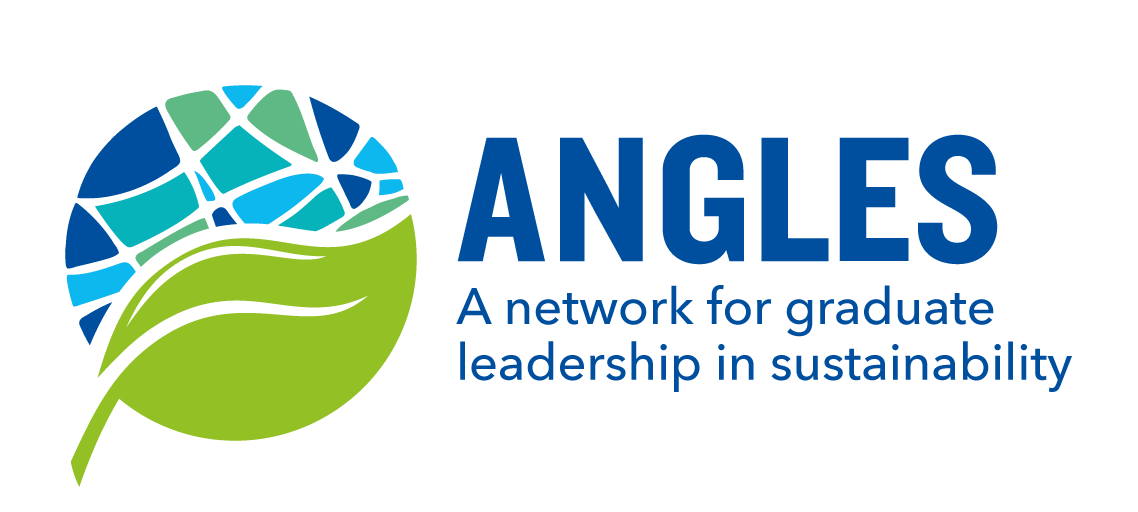PhD students can be agents of environmental change by being more intentional about the questions they pursue, the audiences they engage, and the career paths they choose.
Discovering and Strengthening Your Leadership Skills
In this module students must answer: What are your visions and goals for your career, and how do those compare with others with very similar backgrounds and research interests? What
